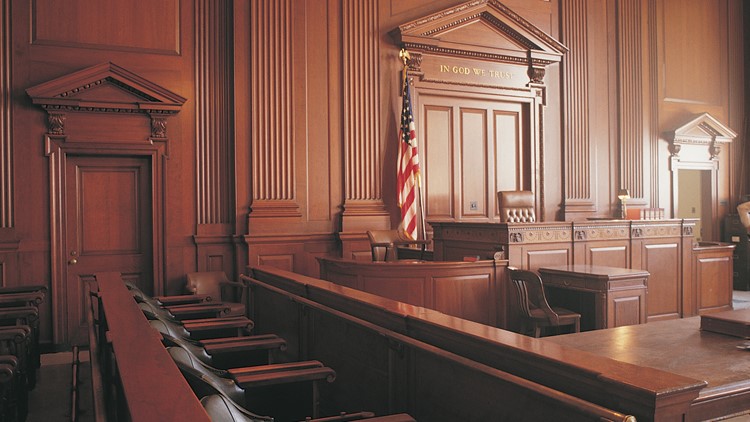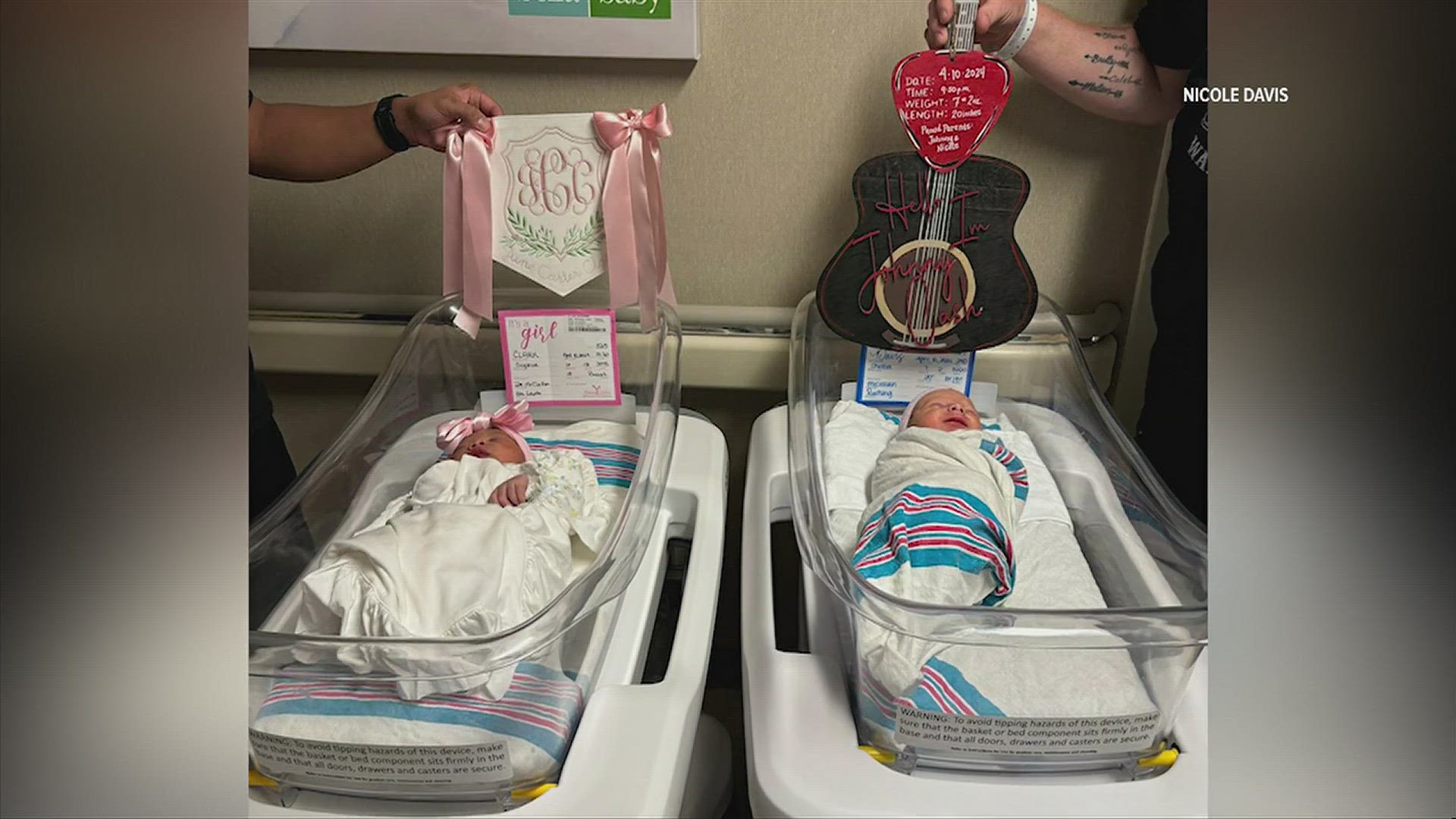WASHINGTON — A new study finds that courts are not properly screening out unreliable psychological and IQ tests, allowing junk science to be used as evidence.
Such tests can sway judges or juries and influence whether someone gets custody of a child or is eligible for bail or capital punishment.
The new study out Saturday says many tests weren't reviewed in the field's most prominent manuals. And of those that were reviewed, just 40% were graded favorably. More than a decade ago, a report found that faulty forensic science may have contributed to wrongful convictions.
One expert says only partial progress in reforms has been made.
The study also found there is a weak relationship between general acceptance and favorability of tools’ psychometric properties.
Legal challenges to the screenings findings are infrequent. Attorneys rarely challenge psychological expert assessment evidence, and when they do, judges often fail to exercise the scrutiny required by law. Legal challenges to the assessment evidence for any reason occurred in only 5.1% of cases in the sample (a little more than half of these involved challenges to validity).
The study said when challenges were raised, they succeeded only about a third of the time. Challenges to the most scientifically suspect tools are almost nonexistent.



